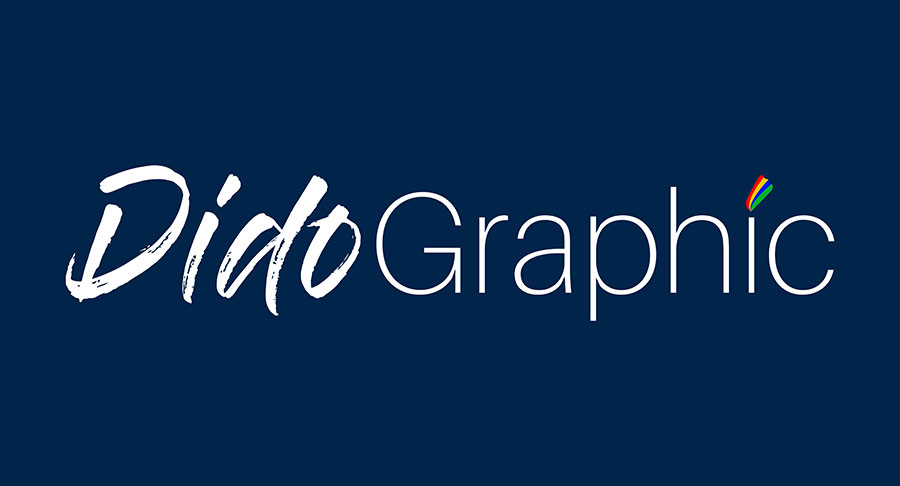How On-Page SEO Can Benefit Your Website
On-Page SEO: Today, every business wants to be found online. And when it comes to SEO, it's not enough to merely have a page with some content. You need to make sure that your website is engaging and informative for your visitors. You see, the technology of search engines has gotten smarter. In fact, most search engines will now only give you high rankings if you're able to prove that your site is relevant and helpful for people who are searching for answers online.

One of the best ways to determine whether or not your content is relevant is by using bounce rates as a measurement tool. Bounce rates tell search engines how long people stayed on your page before clicking away from it because they didn't find what they were looking for there.
On-page SEO can help you reduce those bounce rates by making sure that each page on your website provides valuable information about the topic at hand and does so in an engaging manner with plenty of visual aids like images and videos for readers who want more than just text! The result? People will stay longer because they're getting what they need from one convenient source instead of having two or three pages open simultaneously while trying not to click back too soon lest Google get suspicious…and bored.
One of the best ways to determine whether or not your content is relevant is by using bounce rates as a measurement tool. Bounce rates tell search engines how long people stayed on your page before clicking away from it because they didn't find what they were looking for there.
On-page SEO can help you reduce those bounce rates by making sure that each page on your website provides valuable information about the topic at hand and does so in an engaging manner with plenty of visual aids like images and videos for readers who want more than just text! The result? People will stay longer because they're getting what they need from one convenient source instead of having two or three pages open simultaneously while trying not to click back too soon lest Google get suspicious…and bored.
What is On-Page SEO?
On-page SEO is a type of search engine optimization that focuses on improving the conversion rate and traffic of a single page on your website. The idea behind on-page SEO is to figure out which keywords will give you the highest amount of traffic, then create content around those terms that’s specific to your target audience. The result? You have a single page with all the information they need, as well as links back to other pages/blog posts if they want more information!
One way this can be done is by creating “anchor text” within your website. Anchor text (AKA clickable words) are what people click on when they want more information about something or someone else.
Before You Can On-Page SEO, You Need to Have a Good Website First
If you want to get on-page SEO going, you need a website that is already optimized for mobile, speed, usability and search engines. If your website isn't already optimized for conversion (meaning people are finding it easy to buy what they came for), then it's not ready for on-page SEO either.
What Are Bounce Rates and Why Should You Care About Them?
Bounce rate is the percentage of visits to a website that are on-page visits. It is calculated by dividing the number of single-page sessions by the total number of sessions and multiplying by 100. In other words, if only one user ever views your entire site and then leaves, you’ll get a bounce rate of 100 percent.
If you look at your site’s analytics dashboard, you can see how many visitors have visited each page on your site—and how many were satisfied enough with what they saw to keep going forward. Understanding these metrics allows you to better understand why people visit (or don't visit) certain pages on your website, so you can improve their experience accordingly.
The Importance of Engaging Content

If a piece of content isn’t engaging, it’s unlikely to be shared or read. And if it doesn’t get shared or read, it probably won’t be linked to. And if nobody links to it, search engines have no reason to index the page and rank your website higher.
So how can we make sure our content is engaging? Well, first we need that all-important call-to-action (CTA). A CTA is a piece of text on your page that tells users what they should do next: buy something from you, sign up for an email list or newsletter, subscribe via RSS feed…whatever floats your boat!>>>Continue Reading<<<

Comments
Post a Comment